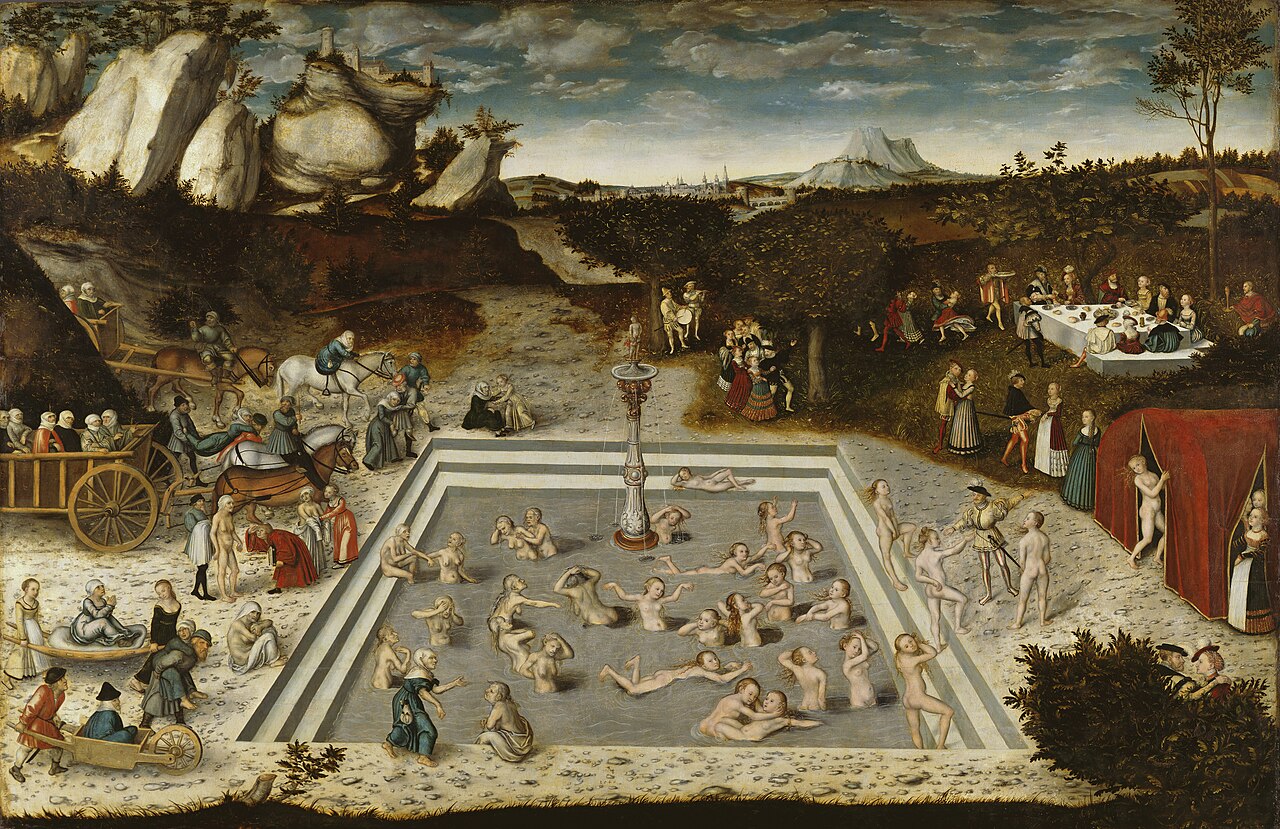China Jumps on the Transhumanism Train
It is said to be is devoting much energy and many resources to the life-extension projectThis article is republished from National Review with the permission of the author.
Transhumanism offers a (delusional, in my opinion) hope to blaze a materialistic path to immortality. Transhumanists yearn, for example, to upload their minds to computers, thinking that will do the trick. It won’t. Even if the “mind” could be uploaded, it would merely be software that mimicked a person’s beliefs. The “uploaded” subject would still be dead.
 Image Credit: AImg -
Image Credit: AImg - Now, according to an interesting story in the New York Times, China has apparently jumped onto this longevity train and is devoting much energy and many resources to the life-extension project:
China, eager to catch up with and, whenever possible, surpass the West in biotech, artificial intelligence and other advanced technologies, has made the longevity industry a national priority, pouring billions into research and related commercial spinoffs.
“They have improved very rapidly. A few years ago, there was nothing here and the West was still far ahead,” said Vadim Gladyshev, a Harvard Medical School professor who has done pioneering work on longevity, including an experiment that extended the expected life span of old mice by connecting their circulatory systems to young mice.
Chinese researchers, he said during a recent trip to China to attend two scientific conferences, “are rapidly catching up.”
Well, that sounds ominous. Are we really going to use the blood of the young to keep the old from dying? Why, yes. Some of the hyper-rich in Silicon Valley are already doing that, including Larry Ellison, who receives blood transfusions from his son. Imagine the exploitive possibilities!
Back to China. The country has made great strides in increasing life expectancy through orthodox means such as reforming individuals’ lifestyles and improving health care. But some of this research seeks more:
The idea of living forever lingers as a marketing tool. Immortal Dragons, a Singapore investment fund focused on longevity projects, is run by a young entrepreneur from China, Bo Yang Wang, who has explored moneymaking opportunities in cryopreservation, 3-D printing of organs and “whole-body replacement.”
Again, imagine the exploitive possibilities, such as proposals to grow fetuses for such purposes — sometimes called “fetal farming” — and the organ-harvesting human rights atrocities inflicted against Falon Gong and other political prisoners in China.
Still, many companies in China are seeking more-modest longevity goals, from which they hope to strike it rich:
Grapeseed has long been popular as a health food in the West and in traditional Chinese medicine. But Lonvi claims to have isolated molecules within it that “kill zombie cells” — aging cells that do not die and hurt healthy cells — and to have found a way to produce capsules containing high concentrations of these.
“This is not just one more pill. This is the holy grail,” said Yip Tszho, who goes by the name Zico, Lonvi’s chief executive.
The company thinks its pills, combined with a healthy lifestyle and good medical care, can help people live past 100 and up to 120.
Color me skeptical. Moreover, I don’t think that would be good for society overall.
First, it could sharpen the divide between the health and well-being of the rich and that of the poor. Second, if radical longevity became common, what would that do to the social contract? For example, how long would the vigorous old try to hold onto their statuses and stifle the aspirations of the young? That already happens in the U.S. Congress, after all!
Finally, is this a wise use of limited resources? There are so many medical problems that need ameliorating just to help people live normal lifespans. Do we really want to, say, redirect anti-malaria and cancer research funds to the longevity project so that the well off in rich countries can hold on for an extra ten or so years?

Thanks be to God that I’ve reached the age where the grim reaper is no longer an abstract concept. Some days, I even sense his approach. And I’m not at all like Ezekiel Emanuel, who so loathes old age that he wants to die at 75. I hope I have some good years still left in me. But the longevity obsession goes too far in the other direction. Juan Ponce de León never did find the Fountain of Youth — and, in the end, I think that’s a very good thing.
